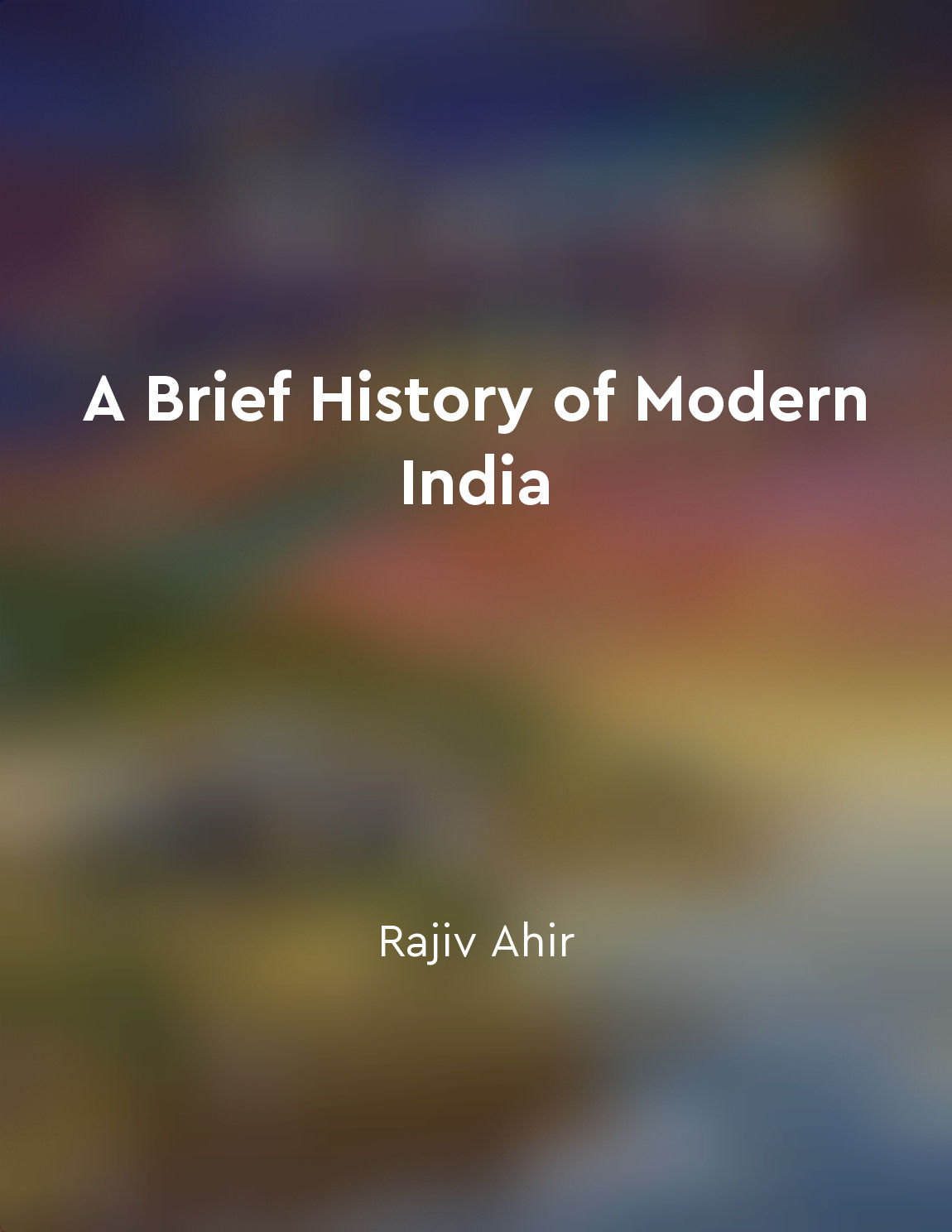Mandal Commission and caste politics from "summary" of A Brief History of Modern India by Rajiv Ahir
The Mandal Commission, headed by B. P. Mandal, was constituted in 1979 to examine the issue of backwardness among various castes and communities in India. The Commission's report, submitted in 1980, identified a list of 3,743 communities that it recommended for inclusion in the category of Other Backward Classes (OBCs). This move was seen as a significant step towards addressing the historical injustices faced by these marginalized communities. The Mandal Commission's recommendations sparked a heated debate in Indian society, particularly in the realm of politics. Various political parties and groups either supported or opposed the implementation of the Commission's suggestions. The decision of the then Prime Minister, V. P. Singh, to implement the Mandal Commission's report in 1990 further fueled the flames of caste-based politics in the country. The Mandal Commission's implementation led to widespread protests and demonstrations across India. The upper-caste communities, who felt that their opportunities were being compromised by the reservation policies, vehemently opposed the move. On the other hand, the OBCs and Dalits saw the Mandal Commission's recommendations as a long-overdue recognition of their struggles and a step towards social justice. The Mandal Commission and its aftermath significantly altered the political landscape of India. The rise of caste-based political parties and the increased mobilization of various caste groups for their rights became more pronounced in the years following the Mandal Commission's implementation. The traditional dominance of upper-caste communities in politics was challenged, and a more diverse and inclusive political discourse emerged.- The Mandal Commission and the subsequent developments in caste politics highlighted the deep-rooted inequalities and social hierarchies prevalent in Indian society. The debate surrounding the Commission's recommendations brought to the forefront the complex interplay of caste, politics, and social justice in the country. The legacy of the Mandal Commission continues to influence political dynamics and societal debates in contemporary India.


